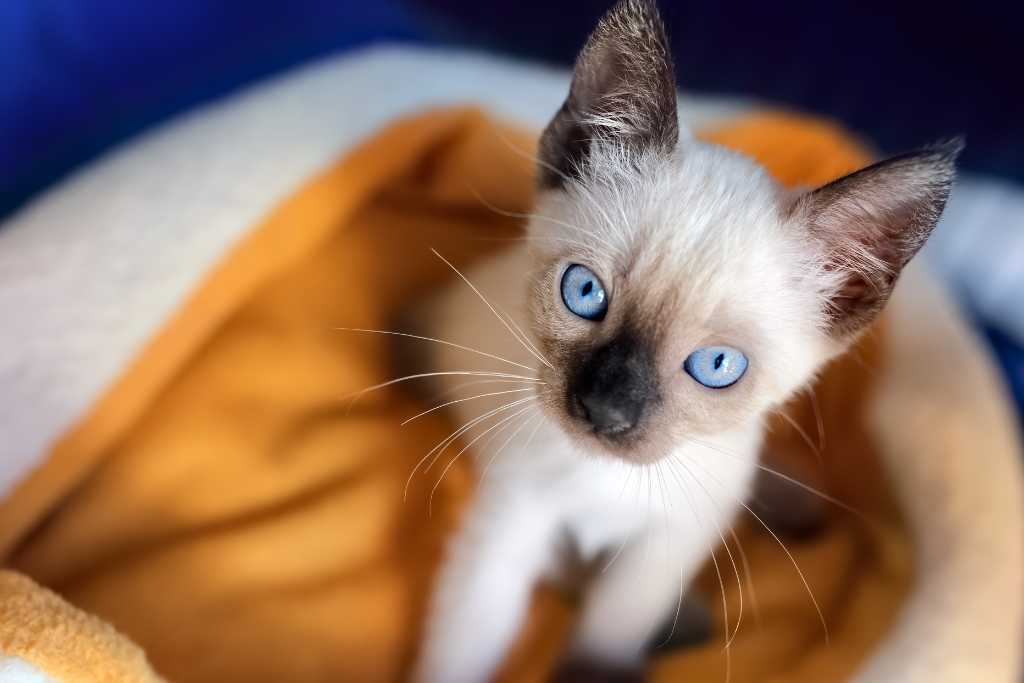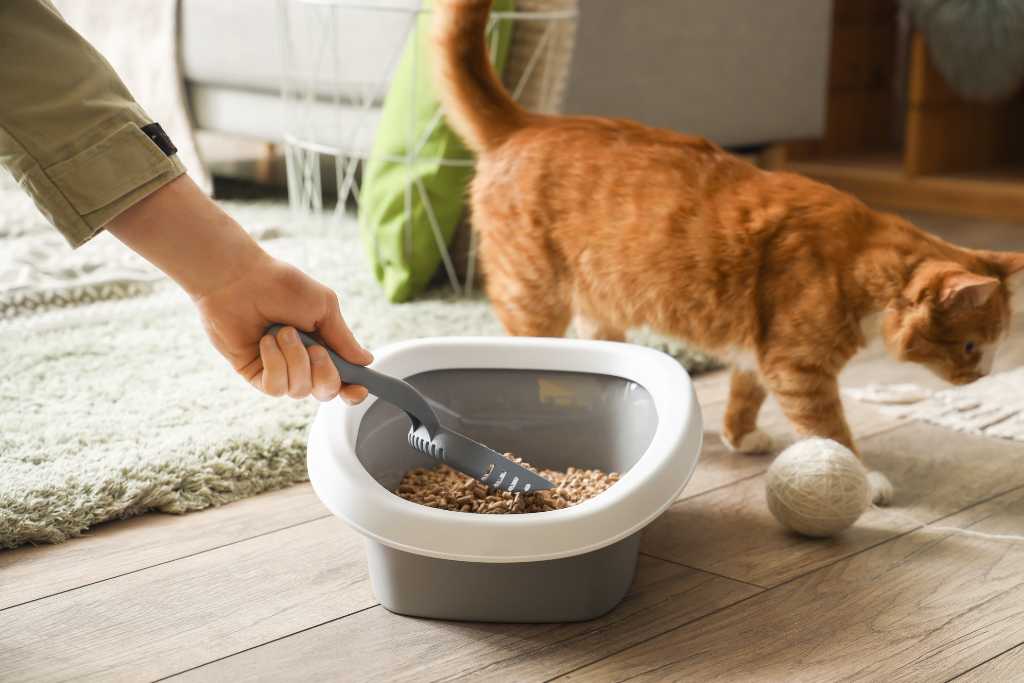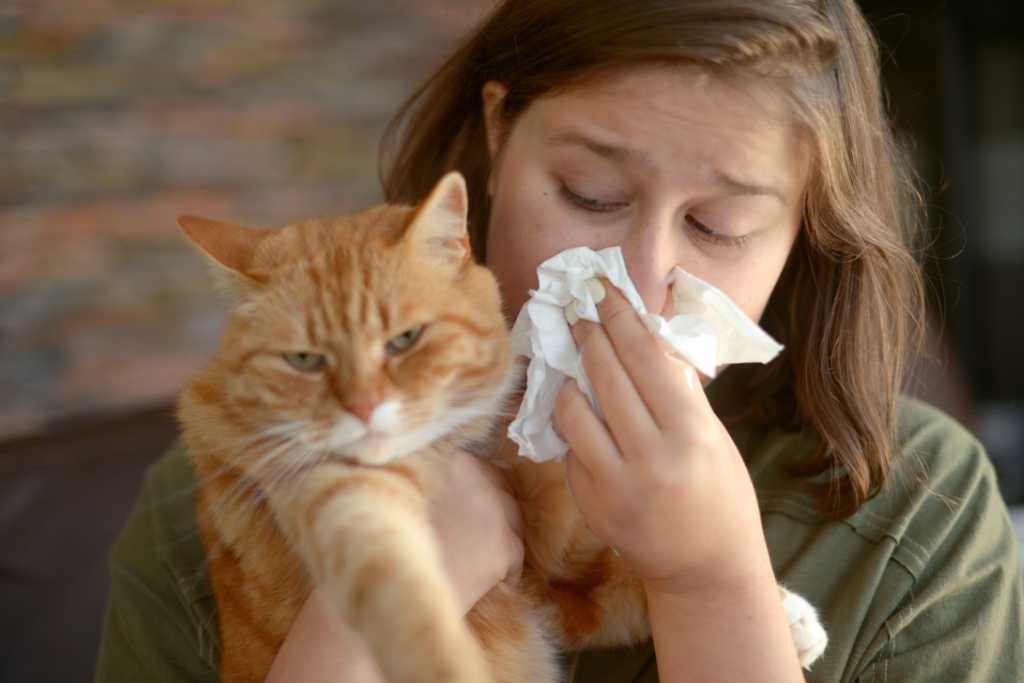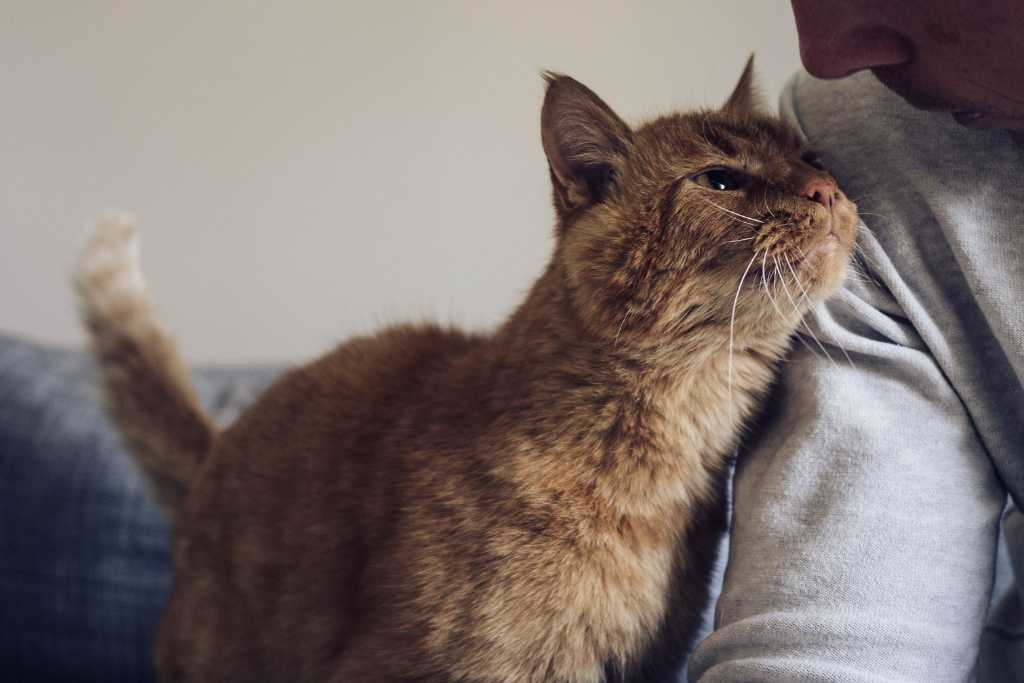$59.00
AWAY FROM FREE SHIPPINGNICE. SHIPPING IS ON US!
$120.00
AWAY FROM FREE GIFTCHOOSE A FREE GIFT DURING CHECKOUT!
YOUR CART IS EMPTY. SHOP NOW.
“Should I get a cat?” isn’t the only question you should be asking. Deciding whether or not to get a cat can be a big decision, and there are several important considerations to take into account before making your choice. Here are some things to think about.

Cats are independent creatures that generally require less attention than dogs. However, it is important to understand that owning a cat still involves a significant time commitment. Feeding your cat is a daily task that requires you to ensure they have access to fresh water and a balanced diet. Depending on the type of food you choose to feed them, they may require multiple feedings throughout the day.
In addition to feeding, cats also need a clean litter box, as they are naturally clean animals that like to use a designated spot for their waste. Keeping the litter box clean and scooped is important for both your cat's health and your own. Cats also require playtime and stimulation to keep them happy and healthy. Interactive toys and playtime can help keep them entertained, and regular grooming can help maintain their coat and prevent hairballs.
It is also important to consider the time commitment required for vet visits and any necessary medical care. Cats should receive regular check-ups and vaccinations to ensure they are in good health. Additionally, unexpected medical issues can arise that require immediate attention and can be costly.
It is important to be prepared for these potential expenses and time commitments. It is important to understand the time commitment involved. Before bringing a cat into your home, make sure you have enough time in your schedule to take care of them properly. With the right care and attention, your cat can provide years of love and companionship.

Pets come with financial responsibilities. When considering adopting a cat, it is important to budget for the costs associated with owning a pet. While the cost of owning a cat varies based on the cat's age, breed, and medical history, there are some common expenses that all cat owners should expect. Food is a significant expense for cat owners, and it is important to choose high-quality cat food that meets your cat's nutritional needs. This expense can vary depending on the type of food you choose - wet cat food, dry kibbles, or raw cat diets - but it is important to budget for it accordingly. In addition to food, litter is also a necessary expense for cat owners. Litter boxes need to be cleaned regularly, and litter will need to be replaced frequently.
Toys and other supplies such as scratching posts, litter boxes, and cat litter, and beds are also necessary for your cat's comfort and wellbeing. These expenses can add up over time, so it is important to plan for them when budgeting for your cat.
One of the most significant expenses associated with owning a cat is veterinary care. Regular check-ups, vaccinations, and preventative care are necessary to keep your cat healthy. Additionally, unexpected illnesses or accidents can occur, which can be expensive to treat. It is important to have a plan in place for these potential expenses, such as pet insurance or a savings account specifically for your cat's medical expenses.
It is important to understand the financial commitment involved. Make sure to budget for the costs associated with cat ownership. By planning ahead and budgeting accordingly, you can provide your cat with the best possible care and enjoy a happy and healthy relationship with your furry friend.

If someone in your household suffers from allergies, it's important to consider this before adopting a cat. While some people with allergies may be able to tolerate cats, others may experience severe symptoms such as sneezing, itchy eyes, and respiratory issues. It's important to consult with an allergist or medical professional before adopting a cat to determine the level of sensitivity and potential risks. If someone in your household is allergic, you may need to consider alternative pets or take steps to reduce allergens in your home, such as using air purifiers or regularly cleaning your home.
It's important to take into account your living arrangements. If you rent your apartment or house, you should always check with your landlord or review your lease to see if pets are allowed. Some landlords may have restrictions on the number, size, or breed of pets that are allowed, or they may require an additional pet deposit. If you are not allowed to have pets in your rental, it's important to respect these rules and not bring a cat into your home. If you own your home, you don't have to worry about restrictions on pets. However, it's important to make sure that your living situation is suitable for a cat. Cats require space to move around and play, so a small apartment may not be the best living arrangement for them. If you have outdoor space, such as a balcony or yard, make sure it is safe for your cat to explore. You should also make sure that your home is free of any hazards that could harm your cat, such as toxic plants or small objects that they could swallow.

Consider how they will fit into your lifestyle. If you travel frequently or have a busy schedule, a cat may not be the best pet choice for you. Cats require daily interaction, playtime, and affection. They also require regular feeding, litter box cleaning, and grooming. If you have a busy lifestyle, you may need to consider alternative pet options that require less attention or consider hiring a pet sitter or asking a friend to care for your cat while you are away. You may also need to make changes to your daily routine to accommodate your cat's needs, such as waking up earlier to feed them or making sure that you have enough time in your day to play with them.
When considering your lifestyle, it's also important to think about whether you are prepared for the long-term commitment of owning a cat. Cats can live up to 20 years, and it's important to make sure that you can provide them with a stable and loving home for their entire lifespan. By taking the time to consider your lifestyle before adopting a cat, you can ensure that you are able to provide them with the care and attention they need to thrive.

Comments will be approved before showing up.



